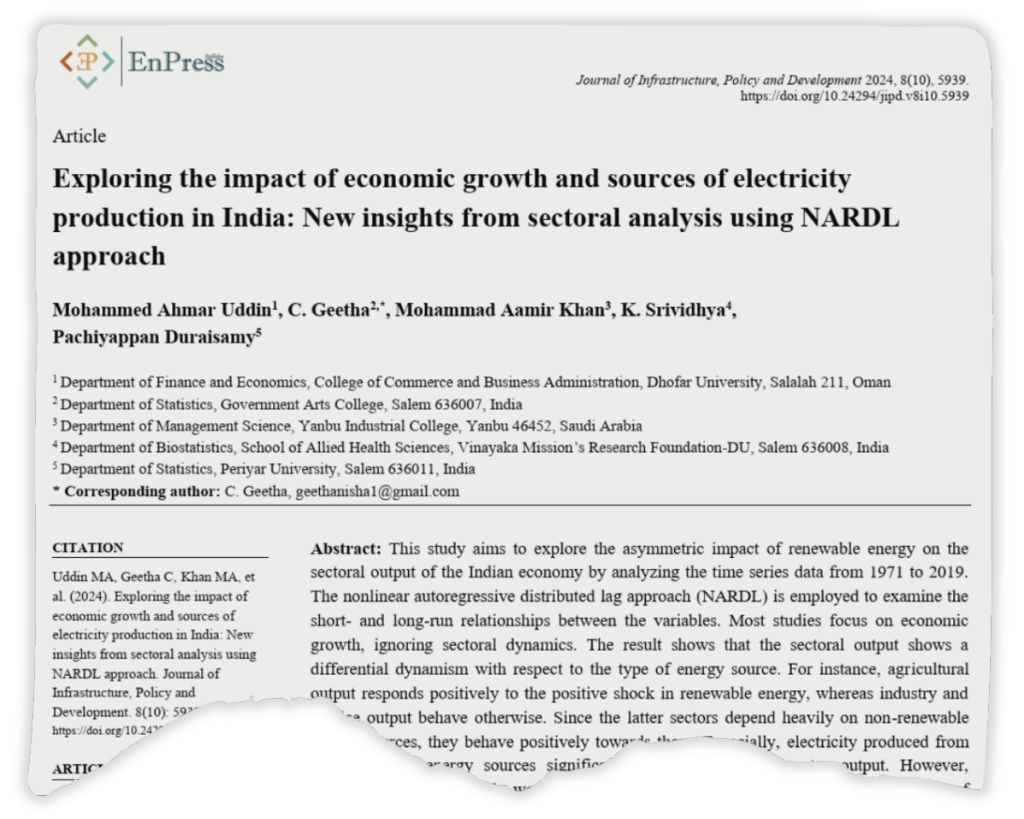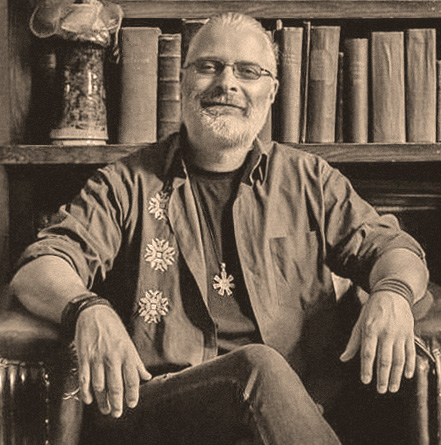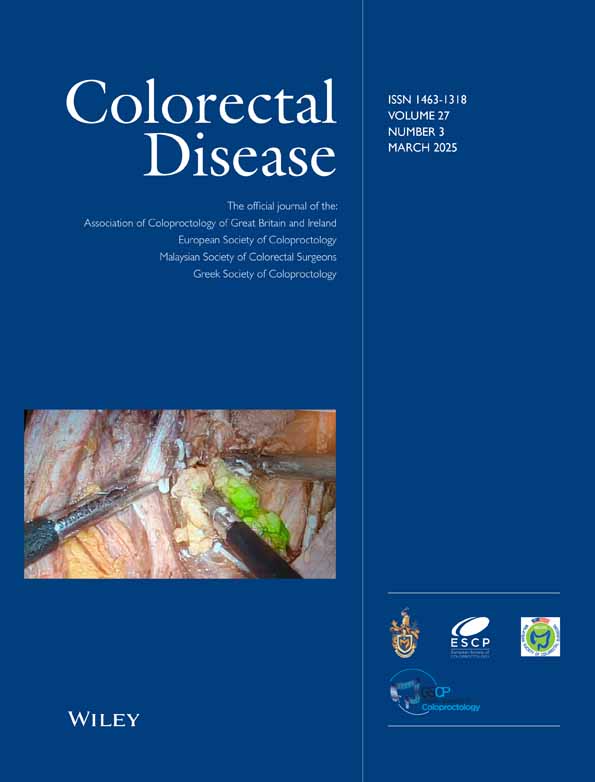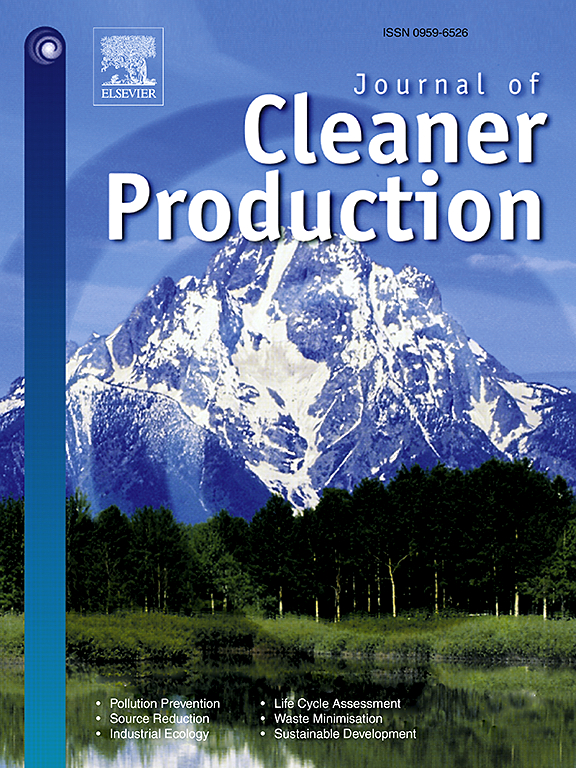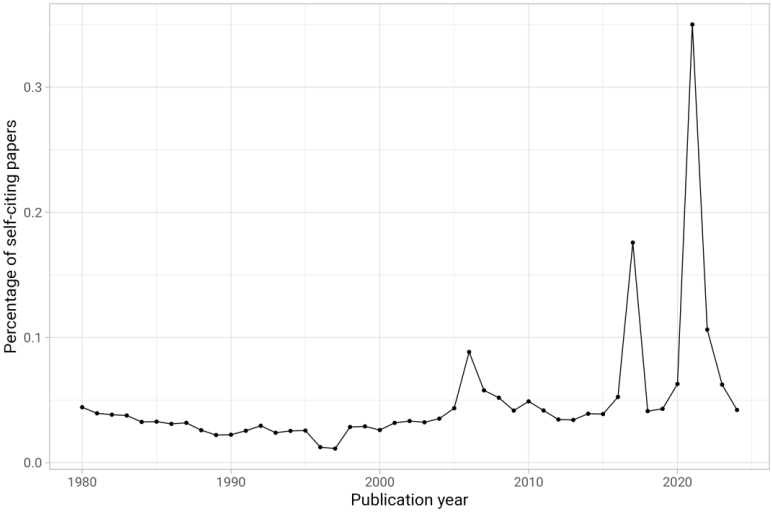
A preprint server has withdrawn a study that suggested children vaccinated in the second month of life are more likely to die soon after when compared to those who did not receive the vaccinations.
The paper, posted at Preprints.org last December, was written by Karl Jablonowski and Brian Hooker of Children’s Health Defense, a New Jersey-based nonprofit organization founded by U.S. Secretary of Health and Human Services Robert F. Kennedy Jr. The group is known for anti-vaccination advocacy.
Jablonowski and Hooker conducted their analysis using a dataset provided by the Louisiana Department of Health. It included 1,775 children who died before turning 3 years old between 2013 and 2024 and had a record of being vaccinated. The preprint suggested children who received six recommended vaccinations in the second month of life were more likely to die in their third month compared to those who had not received the vaccinations.
Continue reading Preprint server removes study attributing increased infant mortality to vaccines